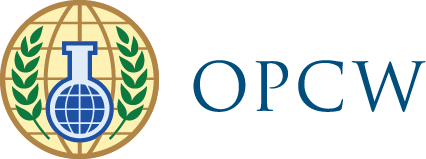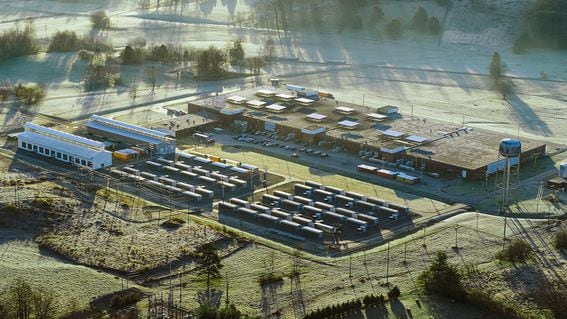The Republic of Korea has extended support to the Organization for the Prohibition of Chemical Weapons (OPCW) with a €50,000 donation towards an upcoming conference. Focusing on artificial intelligence’s (AI) contribution to the implementation of the Chemical Weapons Convention (CWC), this meeting will be held in Morocco in October 2024.
Also read: AI apps to feature ‘safety labels’ highlighting risks and testing
Ambassador Hyoung-chan Choe noted Korea’s commitment to advancing science and technology within the framework of the CWC. He said that Korea’s donation is in line with the country’s belief that peace should be pursued through responsible employment of AI systems worldwide.
The transformative impact of AI on chemical weapons control
The OPCW conference will address how artificial intelligence has revolutionized chemical weapons control. Experts from across the globe will converge to discuss methods through which AI could improve detection, monitoring and verification processes related to such arms. Additionally, there will also be talks regarding ethics as well as security surrounding these technologies to ensure they are used responsibly.
The financial aid from the Republic of Korea will help in facilitating comprehensive dialogue on the role of artificial intelligence in CWC’s implementation. During this meeting, delegates shall examine ways in which AI can be integrated into existing frameworks to enhance the detection and neutralization of chemical threats. This includes the application of AI in data analysis, predictive modeling, and automatic systems for tracking chemical activities.
Despite the countless benefits AI has to offer, it also raises several ethical and security concerns. At OPCW’s conference, they will attempt to identify measures on how to use artificial intelligence in chemical weapons control more responsibly. There will be talks about the misuse of AI in developing chemical weapons as well as what can be done to prevent such cases.
Also read: China sanctions AI defense firm Anduril amid US-Taiwan arms deal
Delegates will also scrutinize the balance between fostering innovation and ensuring regulatory frameworks that protect global security interests without stifling progress altogether. The aim is to create a framework that enhances the positive use of artificial intelligence while minimizing the risks related to the misuse of the technology.
The conference will also stress upon the need for international cooperation when dealing with duality in AI technologies used for warfare capabilities. States should share their experiences and join hands towards research projects all aimed at establishing a strong global network able to react promptly to chemical threats.





